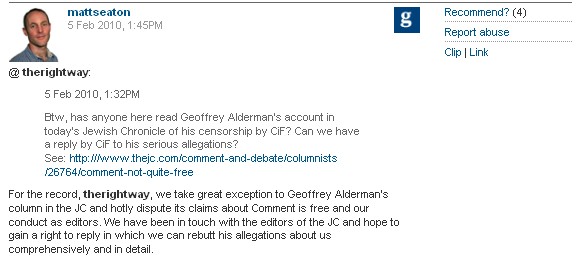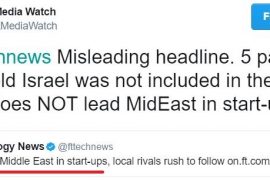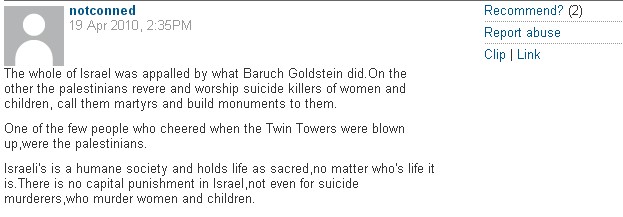1) At the Jerusalem Post, Khaled Abu Toameh explains why ‘Palestinians need new leaders, not new governments’.
“The Americans have yet to explain what exactly they mean when they talk about the “revitalization” of the Palestinian Authority. If they are referring to the present leaders of the PA stepping down and handing control over to younger and new leaders, that is unlikely to happen. If they are hoping that the current Palestinian leadership will embark on comprehensive reforms in Palestinian civilian and security institutions, that, too, does not appear to be a realistic expectation.”
2) The JCPA’s Dr. Jaques Neriah reports on a rebranding.
“The war between Israel and Hamas in Gaza and the active participation of Hizbullah in the conflict with Israel in Lebanon has produced a significant change in the language used by Hizbullah to define its positions vis-à-vis Israel. One significant change is replacing the national slogan that characterized Hizbullah since its establishment in 1982 with an Islamic slogan, as observed in all the Hizbullah-related media. Hizbullah mouthpieces now state that the actions perpetrated against Israel are conducted by the “Islamic Resistance,” a clear departure from what was defined in the past as a “Lebanese resistance” or simply “the Resistance” against Israeli occupation of Lebanese territory.”
3) At WINEP, David Schenker looks at ‘Changing the Israel-Lebanon Status Quo’.
“Israeli air operations have already led most Radwan units to withdraw from the border, but Israel is concerned that they will return after a ceasefire. This apprehension is well founded. Following Israel’s previous war with Hezbollah in 2006, UN Security Council Resolution 1701 stipulated that the group move its forces and assets north of the Litani River. This arrangement was supposed to be guaranteed by the Lebanese government and the 15,000 peacekeepers that composed the UN Interim Force in Lebanon (UNIFIL)—the largest concentration of peacekeepers per kilometer in the world. Yet Hezbollah eventually reestablished itself on the border anyway.”
4) NGO Monitor analyses a report submitted to the US administration by the NGOs Human Rights Watch and Oxfam.
“The biased reporting and analysis in HRW-Oxfam submission is highlighted by the blatant and systematic erasure of overwhelming evidence regarding the use by Hamas of Al-Shifa Hospital and other ostensibly medical facilities in Gaza for command and control centers, reinforced terror tunnels, weapons storage, and hiding kidnapped and tortured hostages. […] HRW and Oxfam’s submission asserts that their “investigations” found no evidence to “justify depriving the hospitals of their protected status under international humanitarian law.””
5) The INSS provides a report on an ‘Islamist “Civilian” Influence Campaign Targeting Israel’.
“In the context of the war in Gaza, a foreign influence campaign is flooding Israeli users of the social network X (formerly Twitter) with messages in Hebrew designed to promote Hamas’s objectives. The campaign is executed by a community of Arab Muslims from several countries and orchestrated by Egyptian activists affiliated with the Muslim Brotherhood movement who operate from Turkey. Since the group seeks to recruit people to its efforts, it openly describes its goals and some of its action methods, allowing a rare “behind the scenes” glimpse into a foreign-influence campaign.”





